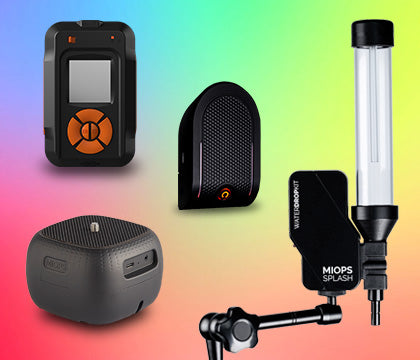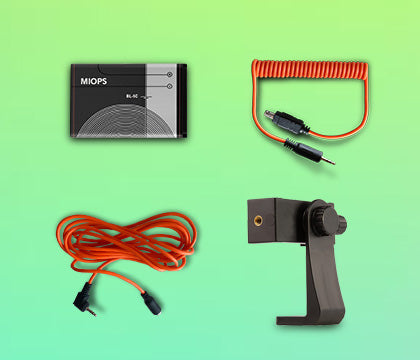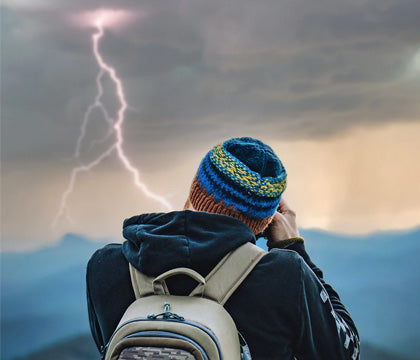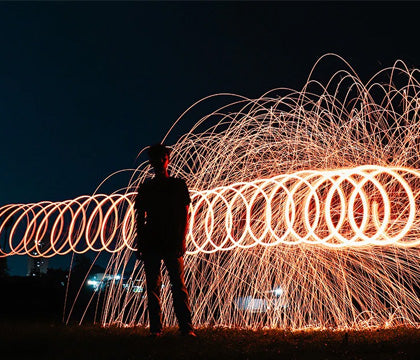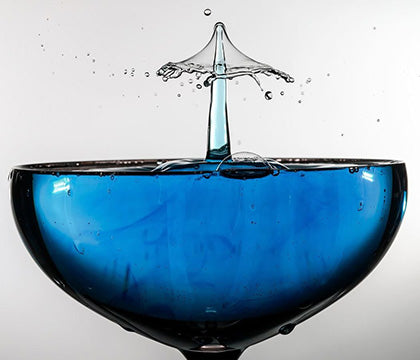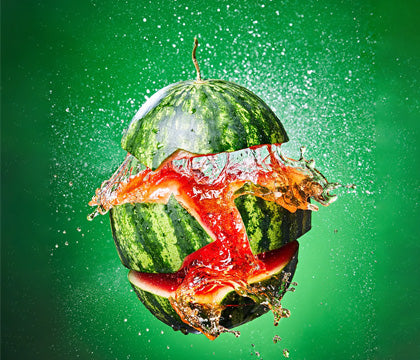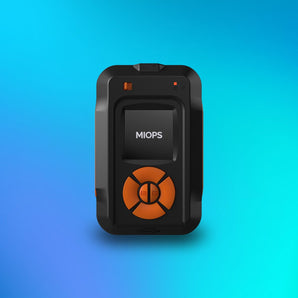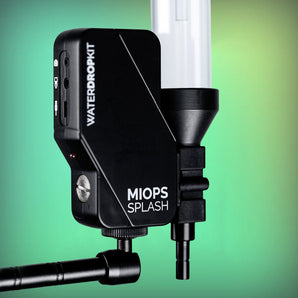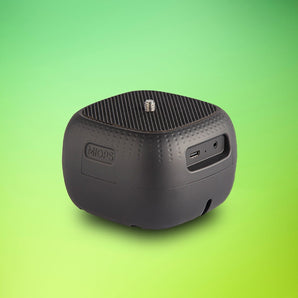Event photographers are lucky to be in a fun, diverse, and exciting photography niche. They get the chance to capture unforgettable moments – from concerts, weddings, and sports events – while also being able to enjoy the lucrative industry. They get to network with potential clients and colleagues while doing their work, which is not too common in other professions. However, despite the fun environment that it provides, taking pictures of events poses unique challenges to photographers. Lighting, gear requirements, and prior photography knowledge are important to make it big in this niche.
If you are an event photographer who is interested in capturing all the buzz, emotions, and excitement, pay attention to the following tips for taking fascinating event photographs.

1. Have the right gear.
Event photography will need a lot of technical skills from you. Part of these skills is packing the right gear during a shoot, because it will be difficult to take great shots with the wrong gear. Make sure that you have the following basic items in your camera bag before heading out for your event:
- Lenses. Choose a lens with a fast aperture. Something with a f/2.8 or faster is ideal. However, keep in mind that the faster the lens, the higher its price tag will be. To keep your expenses at a minimum, especially while you are still just starting out, do not be too excited to invest in a telephoto lens. In fact, a nice prime lens will do, and it will be at a fraction of the price.
To add more interest to your photos, experiment with fisheye lenses, and a macro lens (especially if you’re in the wedding photography business).

MIOPS SMART+
Take impossible photos by turning your camera into a high-speed capture device!
- Camera Body. If you will be photographing events in dim lighting, choose a camera with an ISO range of 1600-12800. Thanks to a large sensor size, a full-frame camera will do excellently. A great one will help you produce images with less noise, even with the ISO cranked up. Aside from specs, it may also be smart to bring at least two cameras with you: one as a primary shooter, and the other as a backup.
- Backup batteries and memory cards. Events can run for hours, so having extra batteries and memory cards would not hurt. If you can, throw in a car charger to be fully backed up.
- Camera Trigger. A camera trigger like the MIOPS Smart+ Camera Trigger can help with taking pictures at precise moments that are hard to capture on your own. This particular trigger has a variety of modes like sound, lightning, and laser, which will be really useful for shooting sporting events or concerts.
Related Article: What is MIOPS Camera Trigger?

2. Shoot in RAW.
While it may require you to bring more memory cards than you would like to bring, shooting in RAW provides a lot of advantages over other file formats. The resulting photos are more editable in post-processing, which is important to note when shooting events in darkly-lit spaces. Event lighting can cause weird skin tones in pink or green, so this flexibility will come in handy later on.

3. Master the light.
Natural light may be the most favorable light, but sometimes you have to be crafty with using the equipment. If possible, use a continuous light that is appropriately set for the event. However, for cases when it will be a distraction, it may be better to use a flash instead. It may sound like a convenient choice, but remember that it can cast harsh lights on your subjects if not used correctly. If it ever comes to using a flash, choose an external flash over the built-in flash in your camera. It works well with an attached small diffuser, which will work really well at indoor venues.
Related Article: 8 Important Ways to Be a Better Photographer

4. Have a shot list ready.
Work with your client to come up with a list of photos that are absolutely necessary to take. A shot list will help you set the expectations of your clients, and will guide you in shooting the event. This list can include people and guests, important moments, and symbolic items during the event. Also be on the lookout for memorable firsts, like when the bride and groom first see each other, or when the headlining artist comes toward a beaming fan. Besides, the point of event photography is to capture these once-in-a-lifetime moments.
Ask the event organizer for a schedule of the event to guide you along with the shot list. Clients will be happy to know that they hired an organized photographer.

5. Be attentive.
Events, like weddings or concerts, can be really overwhelming. A lot of things are happening simultaneously, which will prove to be an exercise of constant vigilance and awareness. Aside from the shot list, candid and unexpected moments are also valuable. These moments result in capturing genuine emotions, which will be highly appreciated by your clients.

6. Be professional.
An important thing you must always note is that there are invited guests, or paying audiences at the events you are shooting. At events, professionalism is not just about being able to prepare and come early. As a hired photographer, you must always take photos with respect to these people. Some key things to practice are the following:
- Keep yourself out of the audience’s views. They are also trying to see the moments you are trying to capture.
- Be polite when asking guests for pictures. Do not interrupt them if they are in the middle of a conversation.
- When taking candid photos, make sure that the photos are flattering. Avoid taking pictures of people who are chewing, or fixing their makeup.
- Strictly follow event rules set by organizers. This is especially true of music events, where photographers are only allowed to be right in front of the stage for three songs. After that, they should be out of the audience’s way.
- Be calm. Never show that you are pressured or let your stress get in the way of your work.
Being an event photographer can be really fun and rewarding. While it provides you an exciting work environment, it can be very demanding. It’s an all-day job that requires a lot of preparation and coordination with clients. Keep the listed tips above in mind, and you will surely discover how easy it can be to make industry connections, and how financially rewarding event photography is.
Related Article: 9 Tips to Take Breathtaking Wedding Photos


